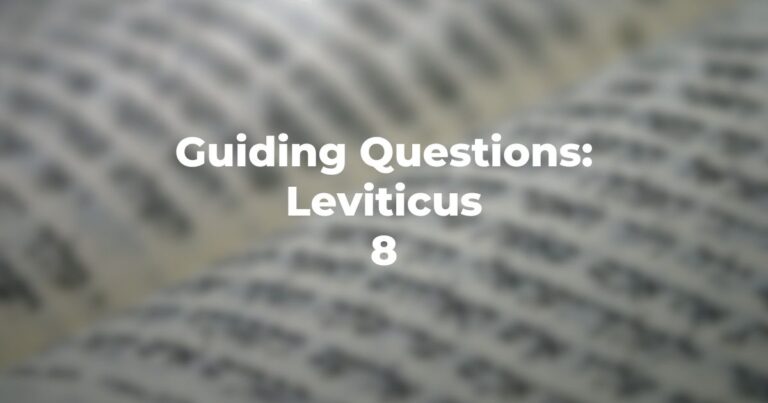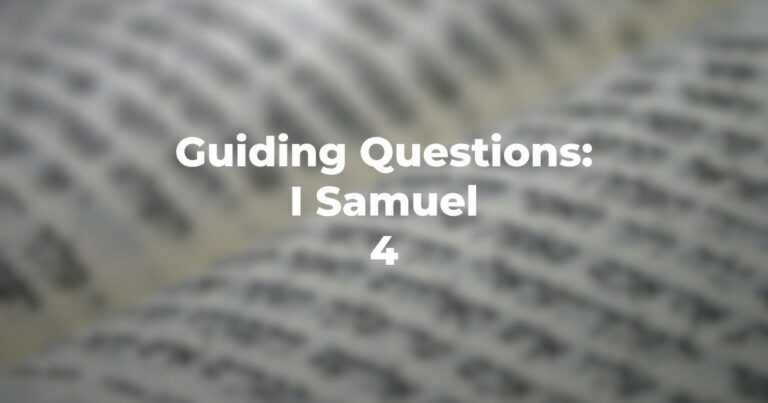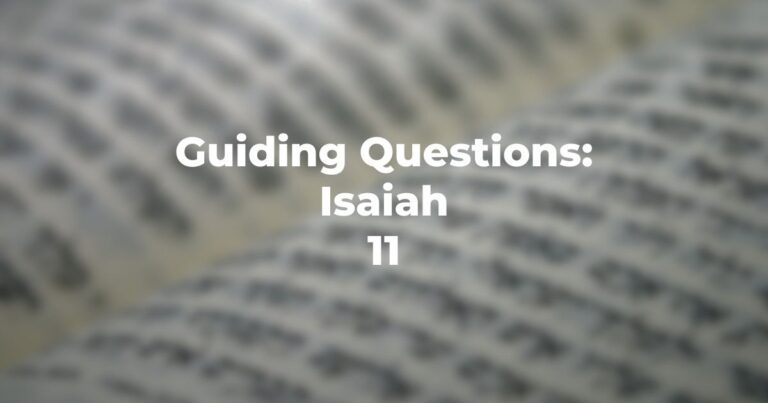- When, according to the verses which open this chapter, are the first fruits to be brought to the worship center?
- Does the Kohen have any role save for placing the basket before the altar of God?
- In Deuteronomy 26:5-9 appears a brief narration of Israelite history. Does this passage read as a historical tefillah?
- And, in this brief summary, is any mention made of Moses or of Sinai?
- What is the mood expected of the one who brings the first fruits (Deuteronomy 26:11)?
- What special arrangements are there for the third year tithe in terms of who is to receive same?
- In Deuteronomy 26:14, what is meant by the statement that “I have not given any to the dead?” Is this a reference to idols, who are considered to be “quite dead?”
- In Deuteronomy 26:15, does the individual utter the tefillah for himself or, rather, for the community?
- Does Deuteronomy 26:17 begin a legislative section or, rather, that which reads very much like a sermon?
- In Deuteronomy 26:18, does the “chosen people” represent choice by virtue of observance of the mitzvot?
- And what sentiment is voiced in Deuteronomy 26:19?
Author
-

Exploring Judaism is the digital home for Conservative/Masorti Judaism, embracing the beauty and complexity of Judaism, and our personal search for meaning, learning, and connecting. Our goal is to create content based on three core framing: Meaning-Making (Why?), Practical Living (How?), and Explainers (What?).
View all posts




